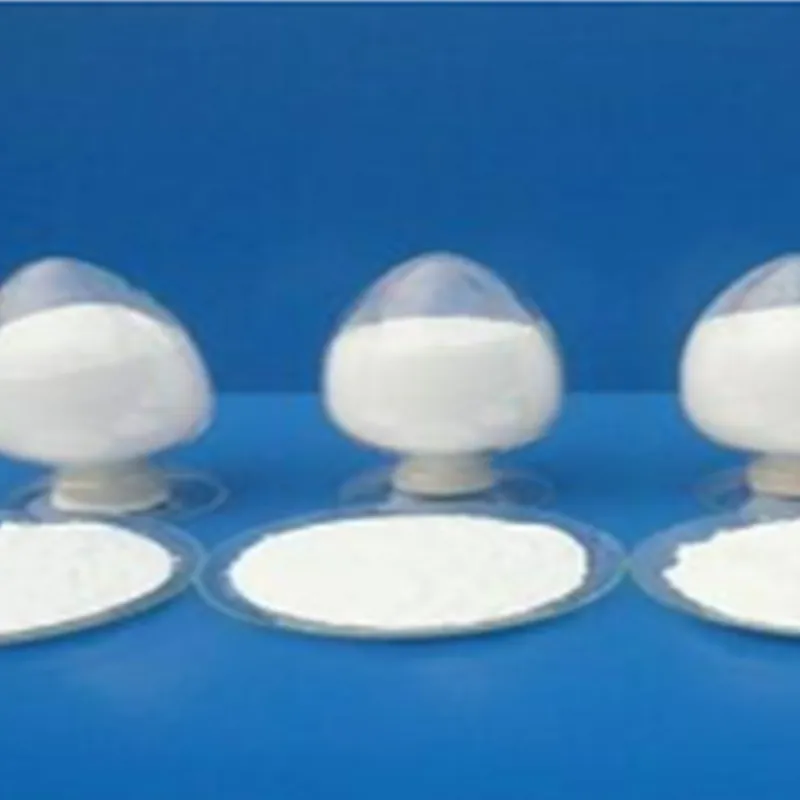
artificial emulsifiers
The Role of Artificial Emulsifiers in Food Production
Emulsifiers play a crucial role in the food industry, particularly in the production of stable emulsions, which are mixtures of oil and water that do not naturally blend. In many processed foods, such as salad dressings, mayonnaise, and ice creams, the use of artificial emulsifiers has become standard practice. This article delves into the functionalities, types, benefits, and potential health concerns of artificial emulsifiers in our food systems.
Understanding Emulsifiers
At the molecular level, emulsifiers are surfactants that stabilize emulsions by reducing the surface tension between immiscible liquids, such as oil and water. They have a hydrophilic (water-attracting) head and a hydrophobic (water-repelling) tail, enabling them to interact with both oil and water. When added to a mixture, emulsifiers prevent the oil droplets from coalescing, thus maintaining a uniform consistency and preventing separation.
Types of Artificial Emulsifiers
There are several types of artificial emulsifiers commonly used in food products. These include
1. Monoglycerides and Diglycerides Derived from glycerol and fatty acids, these are perhaps the most prevalent emulsifiers in processed foods. They help improve texture, extend shelf life, and enhance flavor distribution.
2. Lecithin Although lecithin can be derived from natural sources like soybeans and eggs, it is often processed to enhance its emulsifying properties. Lecithin is widely used in chocolate, margarine, and baked goods.
3. Sorbitan Esters Commonly found in products like ice cream and whipped toppings, these provide stability and viscosity, helping to create a creamy texture.
artificial emulsifiers

4. Polysorbates Specifically, polysorbate 80 is used in ice cream and baked goods to improve texture and prevent crystallization, ensuring a smooth mouthfeel.
Benefits of Artificial Emulsifiers
The incorporation of artificial emulsifiers brings numerous advantages to food products. One major benefit is improved texture and mouthfeel, which enhances the overall consumer experience. Emulsifiers also contribute to better appearance, as they help maintain uniformity and prevent separation, leading to a visually appealing product.
Moreover, they extend shelf life by preventing phase separation and spoilage, which is critical in a commercial setting. This not only benefits manufacturers by reducing waste but also provides consumers with longer-lasting products.
Health Concerns and Considerations
Despite the benefits, the use of artificial emulsifiers has raised some health concerns among consumers and researchers. Some studies have suggested a potential link between certain emulsifiers and gastrointestinal issues, including inflammation and changes to gut microbiota. For instance, emulsifiers like carboxymethylcellulose and polysorbate 80 have been scrutinized for their effects on gut health, prompting calls for further research.
Additionally, there is an ongoing debate about the long-term consumption of processed foods containing these additives. While they are generally recognized as safe by regulatory agencies, many health-conscious consumers prefer products free from artificial additives, opting for cleaner labels.
Conclusion
Artificial emulsifiers play an essential role in modern food production, enhancing texture, stability, and shelf life of various products. While they offer significant benefits, it is crucial to be aware of the potential health implications associated with their consumption. As consumer preferences increasingly lean towards natural and minimally processed foods, manufacturers may need to reconsider their emulsification strategies to align with evolving dietary trends. Ultimately, understanding the role of artificial emulsifiers helps consumers make informed choices about the foods they consume while encouraging further research into their impact on health.
-
Understanding Synthetic Rubber OptionsNewsApr.27,2025
-
Trichloroisocyanuric Acid: Essential for Clean and Safe WaterNewsApr.27,2025
-
Sodium Dichloroisocyanurate: Key to Safe Water TreatmentNewsApr.27,2025
-
Sodium Acid Pyrophosphate: Essential in Modern Food ProcessingNewsApr.27,2025
-
Essential Water Treatment ChemicalsNewsApr.27,2025
-
Denatured Alcohol and Its Industrial UsesNewsApr.27,2025
-
The Versatile Uses of Sodium BicarbonateNewsApr.24,2025
Hebei Tenger Chemical Technology Co., Ltd. focuses on the chemical industry and is committed to the export service of chemical raw materials.
-

view more DiethanolisopropanolamineIn the ever-growing field of chemical solutions, diethanolisopropanolamine (DEIPA) stands out as a versatile and important compound. Due to its unique chemical structure and properties, DEIPA is of interest to various industries including construction, personal care, and agriculture. -

view more TriisopropanolamineTriisopropanolamine (TIPA) alkanol amine substance, is a kind of alcohol amine compound with amino and alcohol hydroxyl, and because of its molecules contains both amino and hydroxyl. -

view more Tetramethyl Thiuram DisulfideTetramethyl thiuram disulfide, also known as TMTD, is a white to light-yellow powder with a distinct sulfur-like odor. It is soluble in organic solvents such as benzene, acetone, and ethyl acetate, making it highly versatile for use in different formulations. TMTD is known for its excellent vulcanization acceleration properties, which makes it a key ingredient in the production of rubber products. Additionally, it acts as an effective fungicide and bactericide, making it valuable in agricultural applications. Its high purity and stability ensure consistent performance, making it a preferred choice for manufacturers across various industries.











